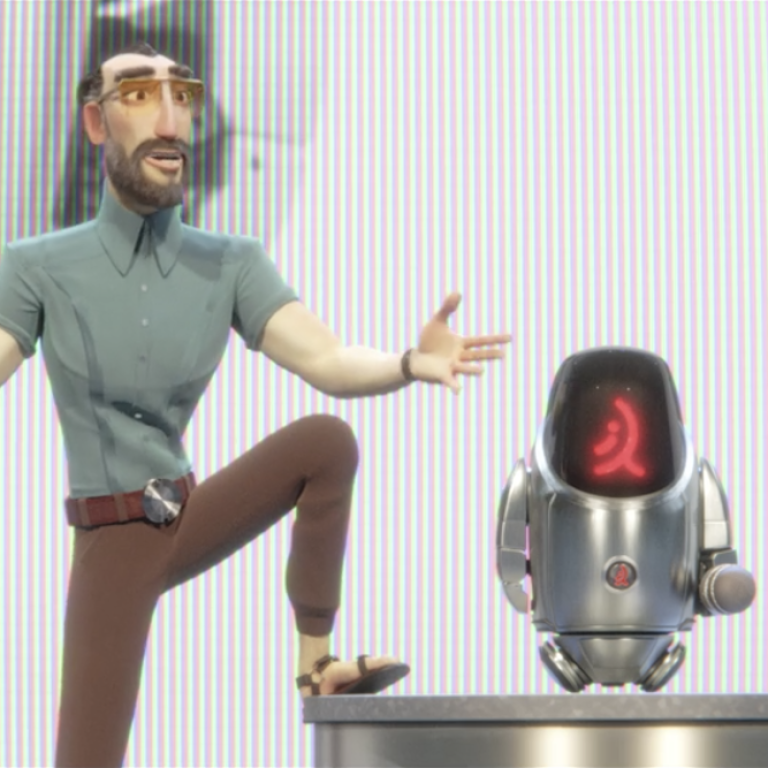
Netflix’s Next Gen paints an Americanized vision of China
Voiced by John Krasinski, Michael Pena and Constance Wu, it's China's crack at remaking Big Hero 6
Next Gen isn’t an American film. But you’d be forgiven for thinking it’s American.
And yet… it doesn’t quite feel like a Chinese film.
It looks like something out of Pixar. It features a bunch of well-known American actors like John Krasinski and Michael Pena. Its main character has a Chinese name... but it’s pronounced wrong.
The film is even debuting in the US before China. It’s out on Netflix right now, after it paid $30m for exclusive streaming rights -- but moviegoers in China have to wait until it hits cinemas in October.
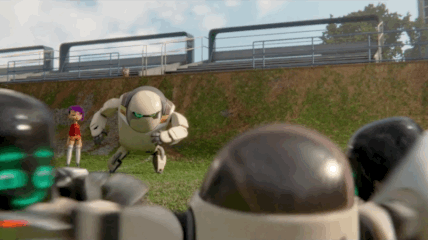
Next Gen is a story of teenagers and robots -- a little like Big Hero 6. It’s about a girl, Mai, whose father left and her lonely mother becomes addicted to digital companionship through robots and VR.
Mai has grown to hate robots, but she accidentally befriends a superbot called 7723. Naturally, she grows to like the robot. And, of course, 7723 just happens to be the key to saving humanity (and Mai’s mom) from a robot overlord.
Oh, and Mai is traumatized, hate-filled, and one lightsaber away from becoming a full-rage Anakin Skywalker. Y’know, normal stuff.
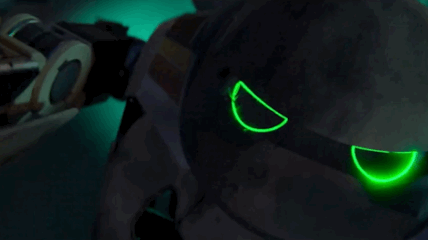
Next Gen is beautiful -- up there with Dreamworks and Disney -- and entertaining. But what fascinates me is this Chinese film’s vision of an Americanized China.
While the Chinese spelling of her name, which does appear in the movie, suggests that her name is Su Xiao Mai, her name in the English version was pronounced May rather than the correct Ma-i.
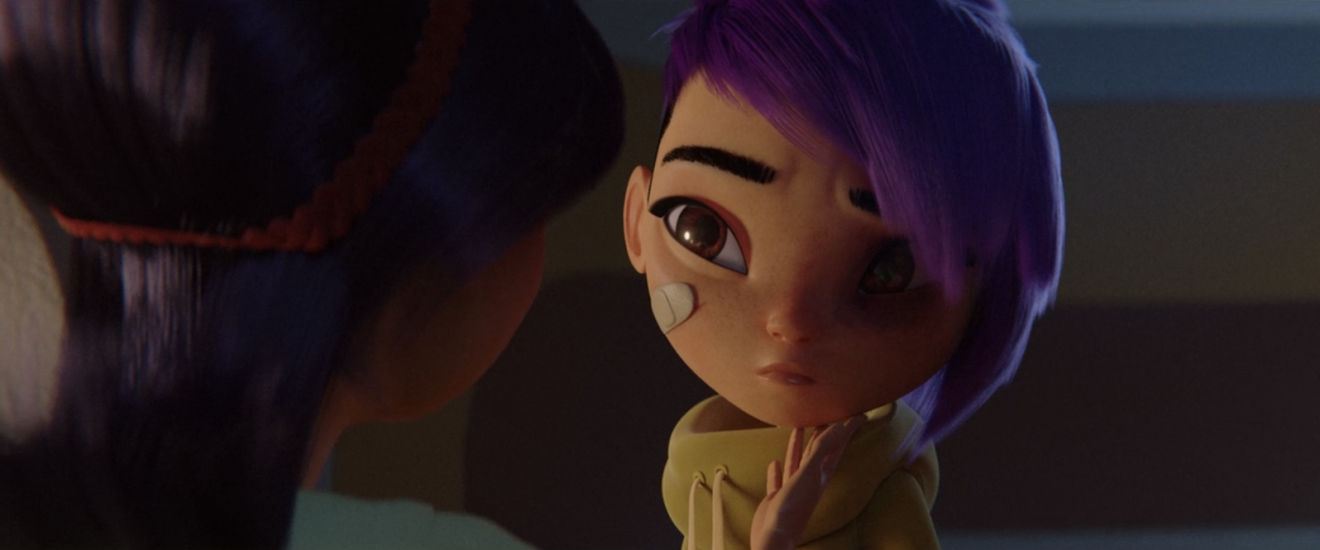
While signs, ads and names of places in this movie are mostly written in Chinese, the school Mai attends is highly multiracial and she lives in a typical American suburban home -- complete with a shed -- something you’re more likely to see in LA than Shenzhen.
All the other characters in the show also have names that feel simultaneously American and Chinese -- Justin Pin (the villain), Tanner Rice (the doctor) and Momo (the dog).
Justin Pin is very much like the culmination of all of them and more -- sporting bamboo sandals and a man bun.
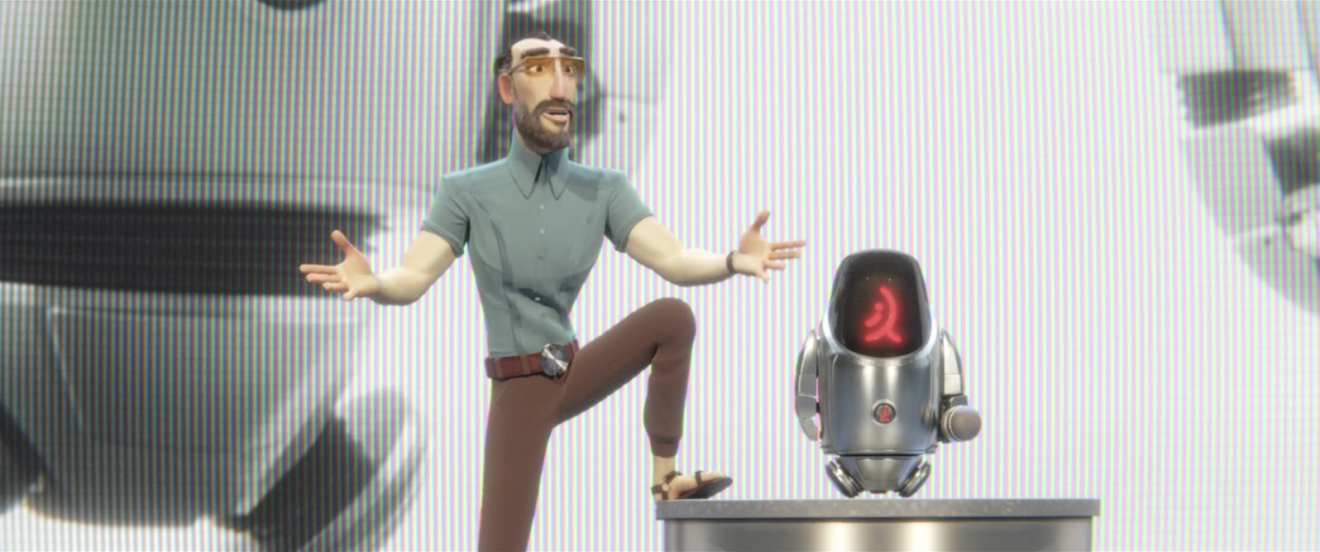
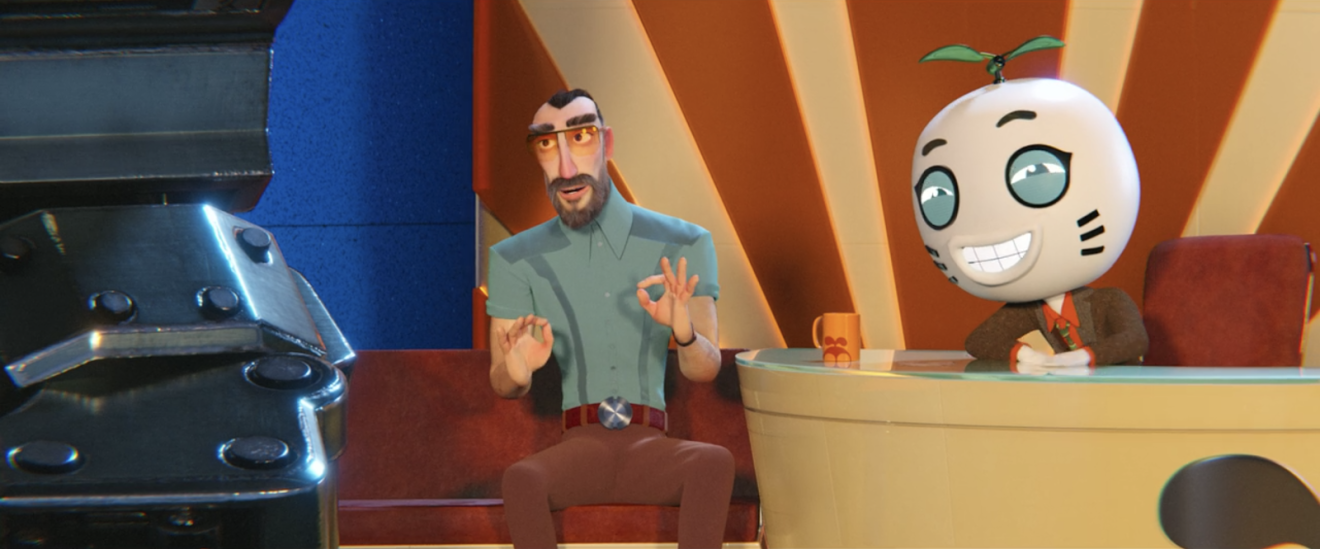
Rage comics banned in China after jokes about a communist martyr
For more insights into China tech, sign up for our tech newsletters, subscribe to our Inside China Tech podcast, and download the comprehensive 2019 China Internet Report. Also roam China Tech City, an award-winning interactive digital map at our sister site Abacus.

